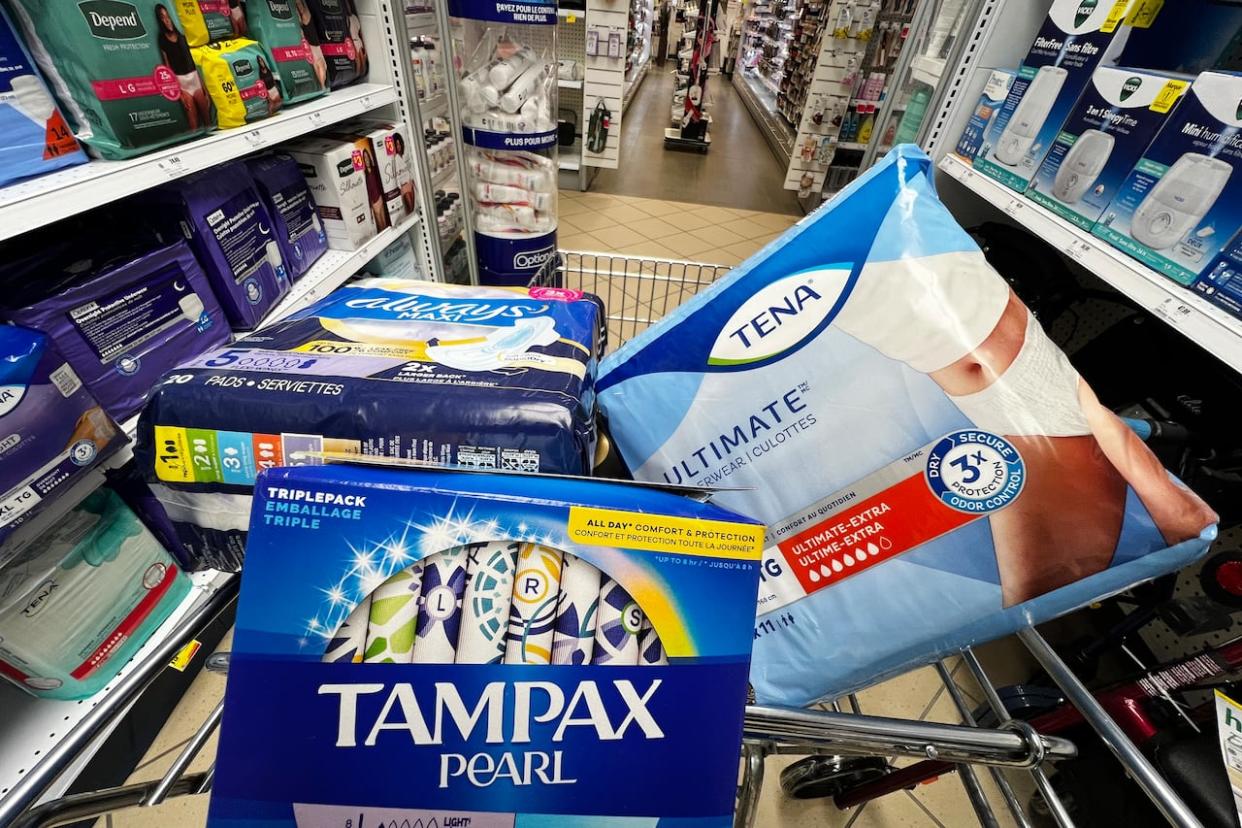Laval, Que., wants to subsidize reusable adult diapers and menstrual products

The city of Laval plans to subsidize reusable incontinence adult diapers and menstrual products in an effort to divert waste from landfills.
Eligible residents would receive up to $50 per year to purchase these products.
Laval's executive committee will present the new program for a vote at Tuesday's municipal council meeting. In total, the city wants to invest $50,000 in 2024 toward the project, according to Radio-Canada.
The city estimates that for every $279 spent toward reusable adult diapers, a tonne of garbage can be avoided. That dollar amount climbs to $4,150 per tonne for menstrual products.
"It's not the measure that will reduce greenhouse gas emissions the most per dollar invested. But, it has a big impact on landfills," said Laval mayor Stéphane Boyer.
Several cities in Quebec already subsidize reusable menstrual products and baby diapers. Subsidies oscillate between $50 to $180 per person depending on the city. The city of Laval already has a subsidy program targeting reusable baby diapers.
In Montreal, nine boroughs offer financial support to people with incontinence, though the program in Montréal-Nord is temporarily suspended.
In Laval, people hoping to receive the subsidy will have to prove they spent a minimum of $100 on reusable incontinence or menstrual products, like menstrual cups, discs, underwear etc.
The number of people over the age of 75 in Laval will double by 2041, according to the city's public health unit.
"Often when we reach retirement, income is not indexed and not everyone has a significant retirement fund," said Boyer.
Expense forms will become available online in May, the city estimates, following the program's approval by the municipal council at Tuesday's council meeting.
The city of Laval will assess enthusiasm for the program and adjust funding accordingly for 2025.

